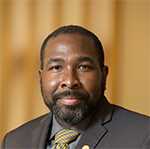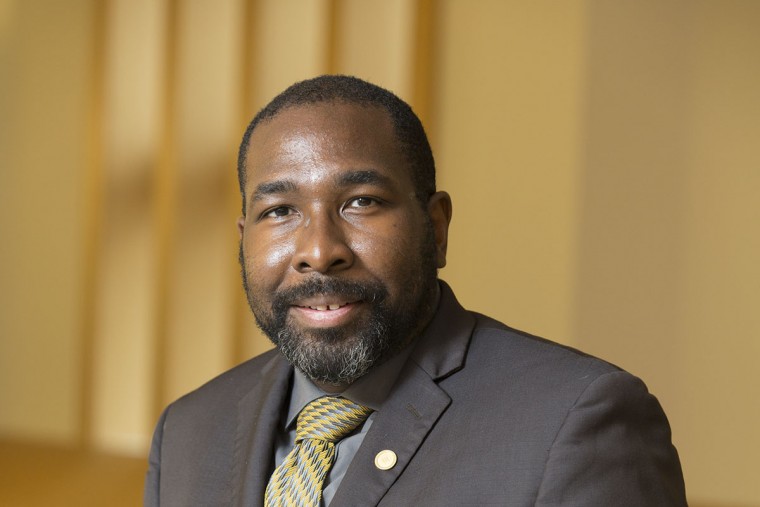Ever tried. Ever failed. No matter. Try again. Fail again. Fail better.
Sir Richard Branson calls that quote his personal mantra; tennis star Stanislas Wawrinka tattooed it on his forearm. Written by Irish playwright Samuel Beckett in 1983, those words are embraced by leaders in business, technology, culture and sports.
But not by college students. Many students dodge risks and can’t bounce back when they fall short. The consequences are huge, said Dedric A. Carter, PhD, associate provost and associate vice chancellor for innovation and entrepreneurship at Washington University in St. Louis.

“If you don’t go beyond what you have already mastered, you will never grow,” Carter said. “Young children have no trouble taking risks; they try and fail at new things all of the time. It’s when we get older that we say, ‘I don’t want to look stupid.’ This is especially true at elite institutions like ours, where people have been told they must be perfect to get into the right preschool.
“When failure does inevitably come, students can feel disheartened and alone.”
But they are not. “Fail Better,” a new video series, will showcase Washington University staff, faculty and students who have failed big — sometimes in very public, humiliating ways. Despite the disappointment, they all learned vital lessons about themselves and their work.
That sort of perspective doesn’t come easy or quickly, said Alan Glass, MD, assistant vice chancellor and director of Student Health Services, and associate professor of clinical psychiatry. He recommends students who are struggling to overcome defeat meet one-on-one with a mental health professional from the Habif Health and Wellness Center; join group counseling; sign up for the new Stress-Less@WashU program; or reach out to one of the many student groups that provide health information and resources.
“It’s easy to say, ‘Take my word for it, good will come from this,’ ” Glass said. “But a mental attitude won’t get you through the acute event. You need real skills. It’s having people you can talk to; it’s knowing what services the university provides to help students.”
Glass said he and his peers at campuses across the nation have noticed a slide in student resilience. As a result, many suffer from depression or experience anxiety or other physical problems.
“There is significant evidence that shows chronic stress — stress related to so-called failure — has profound effects on the body,” Glass said. “The consequences are real.”
Carter said he copes with his own failures by taking time to reflect, listening to critics and resisting the impulse to make excuses. To better help students learn these skills, Carter will be hosting “F-labs” — F as in failure — in the coming semesters, where students will hear directly from executives, entrepreneurs and scientists who have turned their “epic failures” into new ventures and discoveries. Ultimately, he would like to host a credit course on the topic, as early as next fall.
“In a lot of ways, it’s insanity to go down a path where no one has gone before to do something no one has done before,” Carter said. “But the reason why we have so many wonderful innovations is because someone said, ‘Why not?’
“That’s how you go from good to great.”
View all the stories in the series here.
